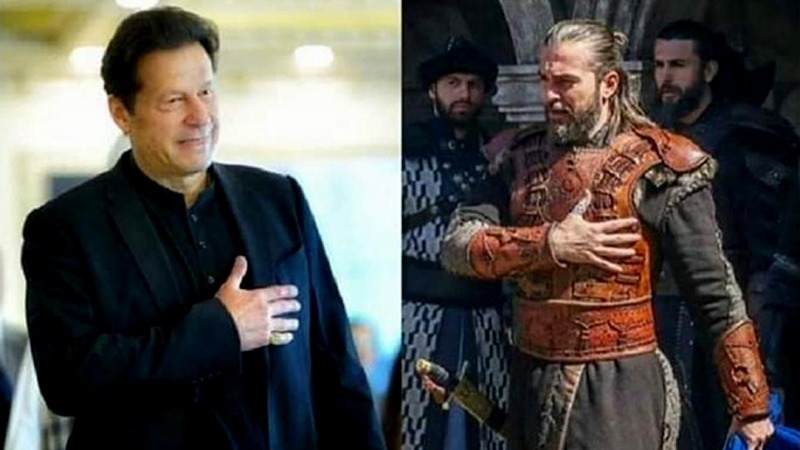
When we look the world over, it appears that countries are demonstrating, in the words of author and public intellectual (and nuclear physicist) Pervez Hoodbhoy “conjoining of space-age science with stone-age politics.” The reason, according to Hoodbhoy is “cultural nostalgia.”
Thus, societies crave “for a pure unsullied past which lies in the twilight zone between history and memory. On the other, there are schemers and plotters who conspire to spoil the utopia for their own selfish motives.”
Hoodbhoy cites the example of a “smartphone video of seven- to 10-year-old kids playing in some dusty, Seraiki-speaking village of south Punjab. Each boy has fashioned for himself a crude wood and tin sword, ensconced in a scabbard tied to his shalwar’s narra. What’s it for, asks the off-camera interviewer, who seems to be enjoying himself. I’m a Muslim, says one proudly, pulling out his sword and waving it in the air. It’s for cutting off the heads of kafirs. Your name? Ertugrul, he replies. These children are thoroughly excited. Dozens of amateur videos — some with drama and mock sword fights leading to fallen cross-marked Christian soldiers — are circulating on the internet. Until two years ago, Ertugrul was a name unknown in Pakistan but the Turkish documentary series, Dirilis: Ertugrul, has taken the country by storm. Statues of the new horse-mounted, sword-wielding hero abound in public places. The rise to fame owes to full official backing and promotion at the highest level. So much so that, in spite of being beseeched by the survivors and families of a dozen impoverished Hazara coal miners murdered by IS militants, Prime Minister Imran Khan chose to meet with the visiting Dirilis production team in Islamabad instead of flying to Balochistan.”
The rationale: the “desire of our culture managers to form a self-image of Pakistan as a warrior nation besieged by hostile forces. Only war is admired — not music, art or science. So, even though Arab or Turkish cultures are considered superior and worthy of emulation, nothing is being copied from their scholarly and intellectual traditions. This points to the poverty of thought in Pakistan. Some days ago, the current HEC chairman asked a gathering of university students and professors if they could name a single Pakistani philosopher. There was silence.”
Finally, as Hoodbhoy notes “Creating a make-believe world can have beneficial consequences. We tell stories to children so that their imaginations may soar. But taking the creations of one’s own mind too seriously can be devastating, especially if they idolise violence and conquest. What will the little boys with little swords that I saw grow up to be? I don’t even want to think about it.”
![]()





